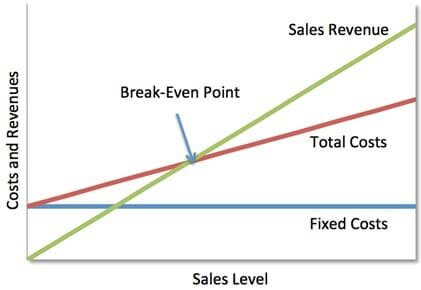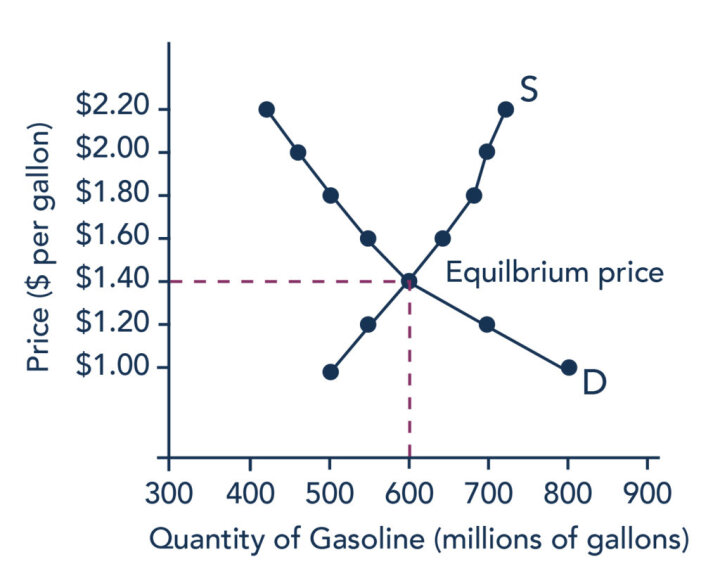Government relief of US college debt...

Have we reached the point predicted two hundred years ago where Congress has figured out how to bribe the American people with the people's own money??
We raise taxes (the people's money) and use it to subsidize everything from cheap oil and computer chips to bankrupt banks and auto makers. We use it to provide economic stimulus payments in down times and now to pay off student debts.
I know I've posted in the past about my support for access to abortion services and my support of marriage equality and transgender acceptance so many of you might consider me to be quite liberal across the board. And it's true that I support many liberal/progressive issues. But when it comes to economics and individual responsibility I tend to the fairly extreme right side of politics.
I don't support government subsidies. Period.
I think oil companies should pay fair market value for the land they drill on.
I think coal companies should pay the full life cycle cost of their ore.
I think solar electric should also should pay its full life cycle costs.
Same with wind.
If your car company can't make a profit, then maybe the guy who buys your factory from the bankruptcy court can.
If your bank is too big to fail, then take better care of it. Don't come to me with your hands out when you screw up.
And, if you borrow money to buy a home or get an education, then have a plan to pay it back.
It's called capitalism and, until it is replaced by something else, it is the system we have in place.
Let me tell you a story about one of my cousins. He's a couple years younger than I am. He's really a second cousin or maybe third, I'm not quite sure how all that works. In any case, he came to me when I was in my second year at university because he wanted to go to college and it wasn't looking possible for him. So we talked about it.
He wanted to go for the traditional four year bachelor's degree. He was really into theater arts and stage lighting and audio production. I asked him a simply question ... In that world would a bachelor's degree impact his income? In other words, how many years would it take for the increased income take to pay off the cost of a four year degree? A simple "return on investment" conversation (and no, I wasn't a business major).
He looked into it. What he found was stunning to us both. In that world, people with a degree and people without a degree made essentially the same money. It was crazy. He decided to take the savings he was able to blow on a first semester and instead bought some equipment. If I remember right, it was a trailer to cart stuff around and a bunch of lights and cables and speakers and some kind of board to control audio ... and he started going around to various venues and bars and clubs and offered to run events for them. He was 18.
My grandfather provided a lot of really good business advice and today he is 26 and has three crews running around Boston doing corporate events during the day and evening events at bars and clubs. No degree, no debt.
My point in bringing him up in this conversation about education debt is because he did assess (at my urging) what the debt of a four year degree would end up costing him and whether the benefit of that degree would support that debt. In his field it would not.
For other's the calculation may be different, but it is a basic calculation that anyone taking on any kind of debt (education, real estate, car, etc) should and could run. This is not advanced calculus.
So when I hear that people are strapped with huge debt and can't make their payments, I do feel bad. But I think it is fair to ask how they got into that situation and whether it is due to matters beyond their control or not.
- Took on loans and then got sick and couldn't finish school? Okay, legit issue and maybe some relief should be offered.
- Took on loans without thinking of payback and now don't make enough to support the debt? We have a process to handle this already in place. It is called bankruptcy. It comes with consequences, but it works and is fair to borrower and lender.
Am I too harsh here? Are we responsible for our decisions?
Edit: I became aware through the comments below and some personal research that student debt cannot be eliminated through bankruptcy. This is crazy. The concept of bankruptcy is critical to the smooth functioning of a capitalist economy. If someone truly took on too much debt through poor planning, then bankruptcy should be available to them and the federal guaranty would kick in and make the lender whole.
26-30, F











